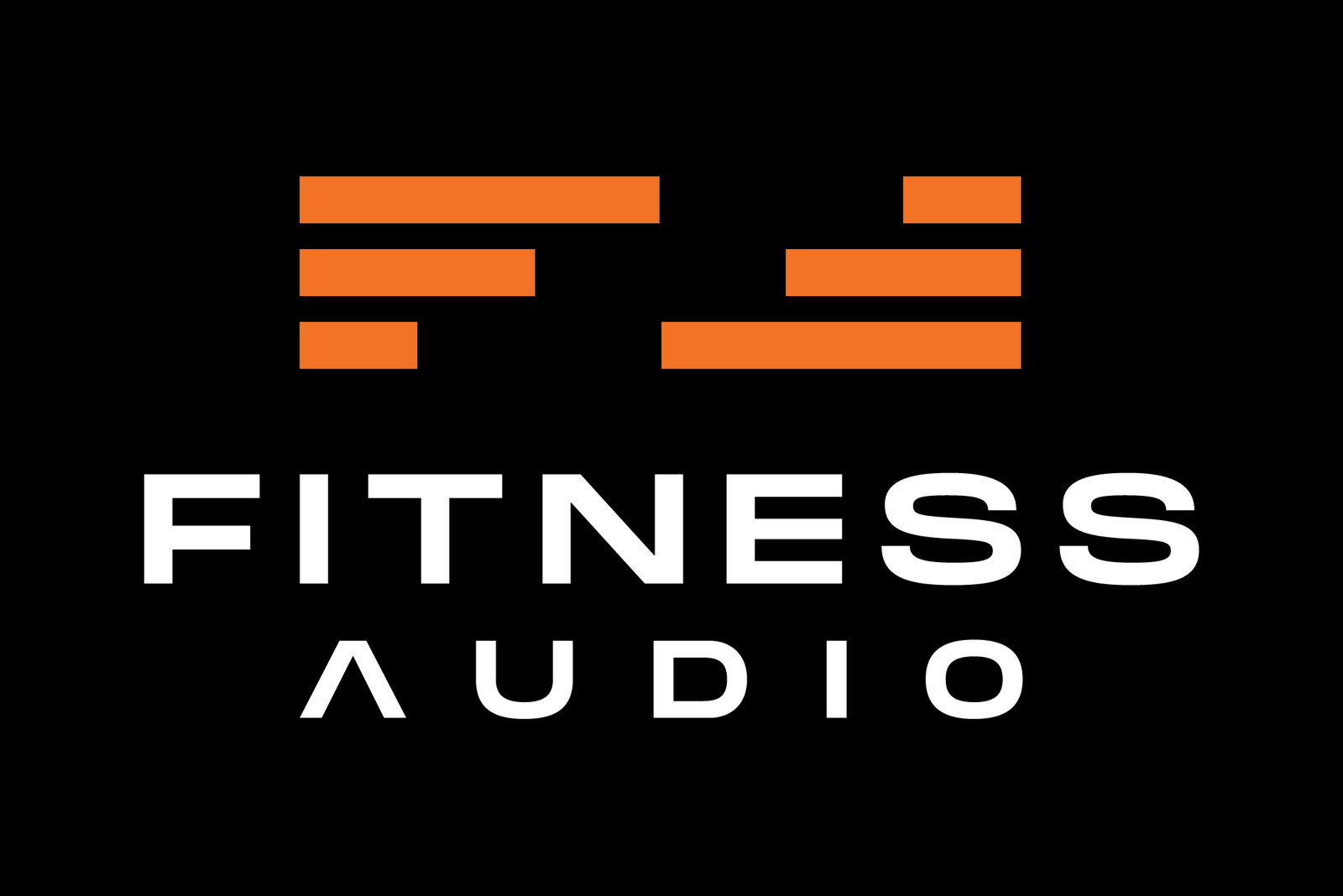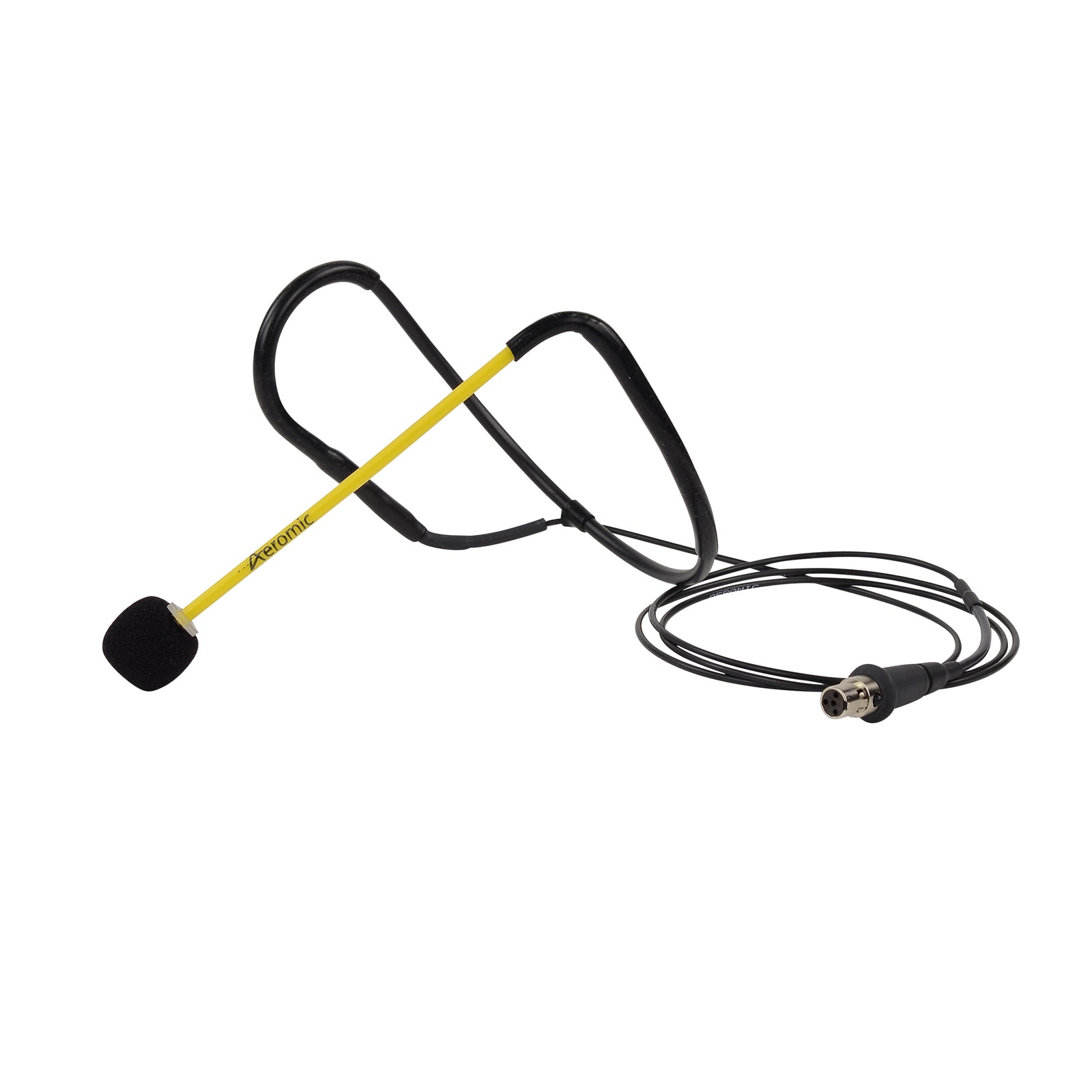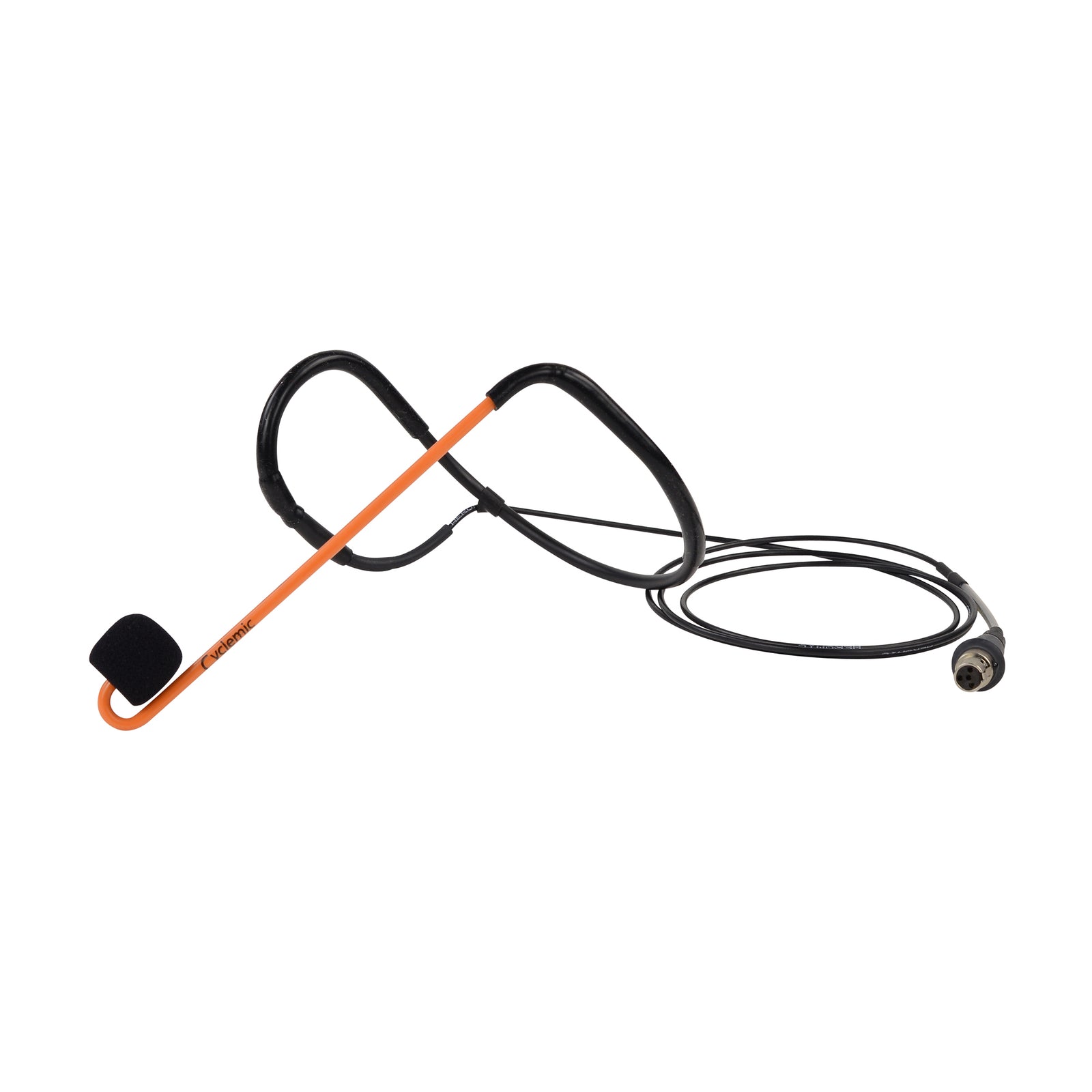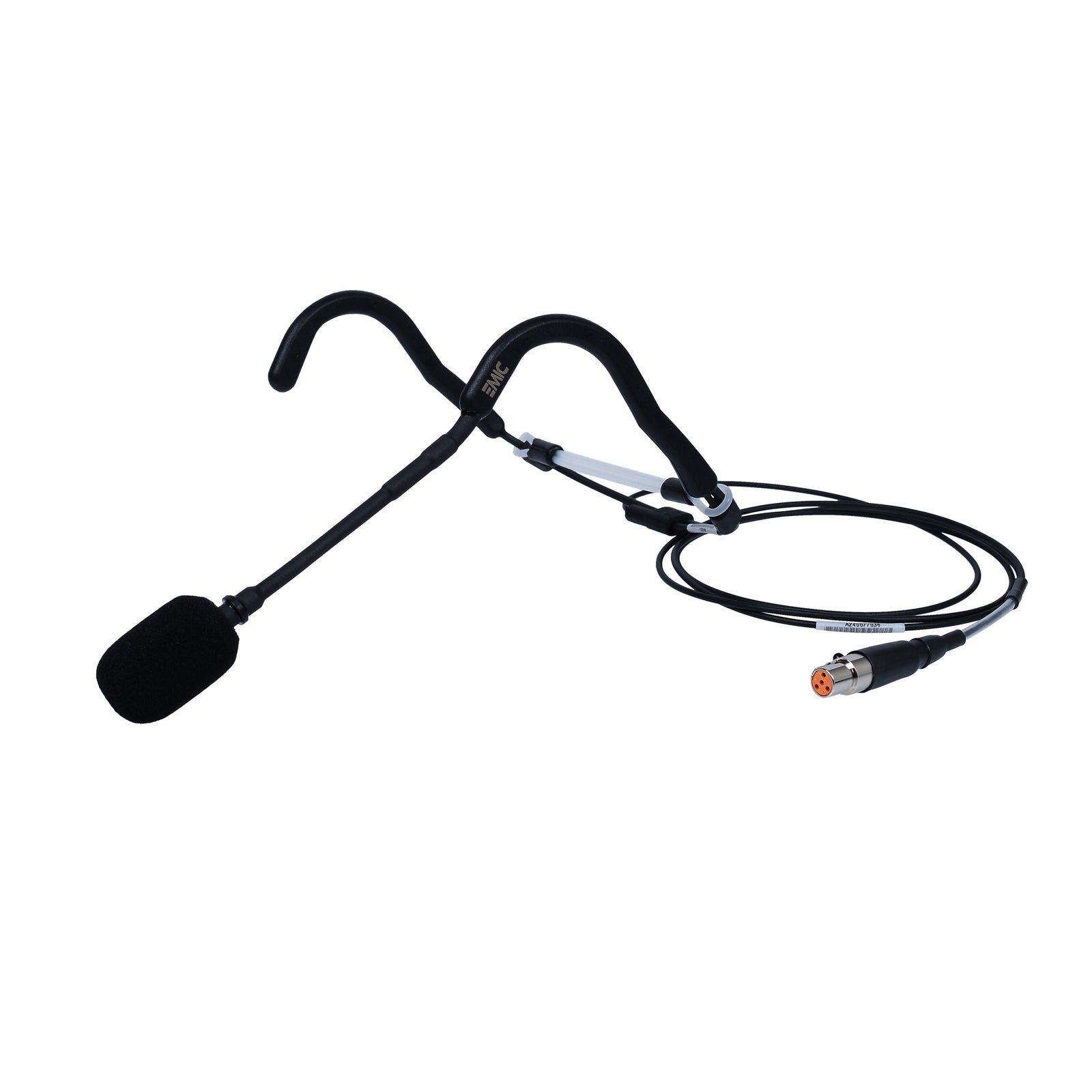With gyms set to reopen in the near future, both your staff and clientele's safety is of paramount importance. Anti-Viral Disinfectant Machines are a must, to ensure everyone knows your environment is always sanitised at the highest level.
As always, we have done the research and know what to look for when purchasing your disinfectant machine. We take a look at the highly regarded Anatari AG-800 and the Antari's FLD-05 fluid below.
The EPA Administrator Andrew Wheeler said: “Using the correct disinfectant is an important part of preventing and reducing the spread of illnesses along with other critical aspects such as hand washing. The EPA is providing this important information in a public and transparent manner on disinfectant products to help reduce the spread of COVID-19.”
Coronaviruses are enveloped viruses, which mean they are one of the easiest types of viruses to kill with the appropriate disinfectant product. The EPA news release reminds consumers to follow the directions on each product’s master label when using the disinfectants, and to pay close attention to the contact time for the product on treated surface (i.e., how long the disinfectant should remain on the surface).
View the list of EPA-registered disinfectant products at View the list of EPA-registered disinfectant products at https://www.epa.gov/pesticide-registration/list-n-disinfectants-use-against-sars-cov-2. Note: some information currently being cited dates from thirty or forty years ago. In the 1970’s and 80’s, chemicals used for widescale cleaning were formaldehyde, phenol-based agents, or quaternary ammonium compounds. Newer technologies utilise safe ingredients that have been approved for use as detailed on the above EPA list.. Note: some information currently being cited dates from thirty or fourty years ago. In the 1970’s and 80’s, chemicals used for widescale cleaning were formaldehyde, phenol-based agents, or quaternary ammonium compounds. Newer technologies utilise safe ingredients that have been approved for use as detailed on the above EPA list.
Using a fogging machine will treat an entire area or surface completely and efficiently, forming an antiviral, antibacterial and anti fungal barrier that will last up to four weeks. A typical office can be treated once a week during times of concern or during outbreaks, and every 3-4 weeks at other times as a precautionary measure. However, for busier venues, once a day would be recommended.
So, yes – wash hands frequently, stay away from other people, disinfect surfaces and wipe high-touch areas frequently with alcohol or bleach, but use a fogger for those hard to get to places you know you don’t get wiped properly. Reassure staff and visitors that every effort is being made to keep workspaces hygienic.
We’re proud to offer a product that promotes peace of mind once people return to work during the COVID-19 outbreak.
As always, we have done the research and know what to look for when purchasing your disinfectant machine. We take a look at the highly regarded Anatari AG-800 and the Antari's FLD-05 fluid below.
The Active Ingredient
It is all about the liquid, the Anatari AG-800 is just the perfect tool. Antari's FLD-05 liquid has been developed by their sister biotech company, with additional input specifically on COVID-19 provided by a US medical professor from New York. In an effort to defeat COVID-19, Antari's liquid has been made available throughout the world. The active ingredient Thymol is included on the U.S. Environmental Protection Agency (EPA)'s list of registered disinfectant products.The EPA Administrator Andrew Wheeler said: “Using the correct disinfectant is an important part of preventing and reducing the spread of illnesses along with other critical aspects such as hand washing. The EPA is providing this important information in a public and transparent manner on disinfectant products to help reduce the spread of COVID-19.”
Coronaviruses are enveloped viruses, which mean they are one of the easiest types of viruses to kill with the appropriate disinfectant product. The EPA news release reminds consumers to follow the directions on each product’s master label when using the disinfectants, and to pay close attention to the contact time for the product on treated surface (i.e., how long the disinfectant should remain on the surface).
View the list of EPA-registered disinfectant products at View the list of EPA-registered disinfectant products at https://www.epa.gov/pesticide-registration/list-n-disinfectants-use-against-sars-cov-2. Note: some information currently being cited dates from thirty or forty years ago. In the 1970’s and 80’s, chemicals used for widescale cleaning were formaldehyde, phenol-based agents, or quaternary ammonium compounds. Newer technologies utilise safe ingredients that have been approved for use as detailed on the above EPA list.. Note: some information currently being cited dates from thirty or fourty years ago. In the 1970’s and 80’s, chemicals used for widescale cleaning were formaldehyde, phenol-based agents, or quaternary ammonium compounds. Newer technologies utilise safe ingredients that have been approved for use as detailed on the above EPA list.
Widescale Consistent Coverage
Wiping an area with a cloth sprayed with disinfectant will clean it, so long as the risk of cross-contamination is mitigated. This is entirely appropriate for day-to-day santisation of a small space. However, this is not an appropriate solution for larger spaces or spaces with difficult to reach crevices and corners and does not create a preventative coating.Using a fogging machine will treat an entire area or surface completely and efficiently, forming an antiviral, antibacterial and anti fungal barrier that will last up to four weeks. A typical office can be treated once a week during times of concern or during outbreaks, and every 3-4 weeks at other times as a precautionary measure. However, for busier venues, once a day would be recommended.
Common Sense
Foggers are obviously not recommended for use in rooms when people are present!So, yes – wash hands frequently, stay away from other people, disinfect surfaces and wipe high-touch areas frequently with alcohol or bleach, but use a fogger for those hard to get to places you know you don’t get wiped properly. Reassure staff and visitors that every effort is being made to keep workspaces hygienic.
We’re proud to offer a product that promotes peace of mind once people return to work during the COVID-19 outbreak.







